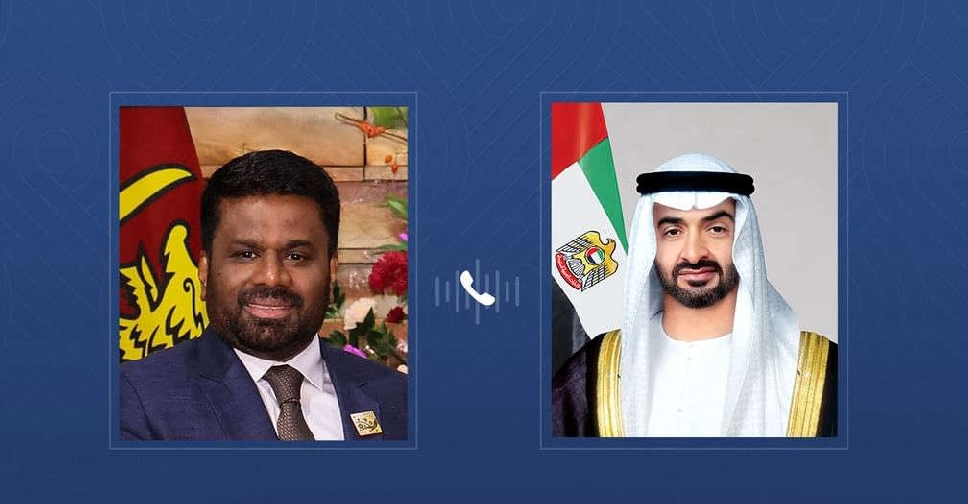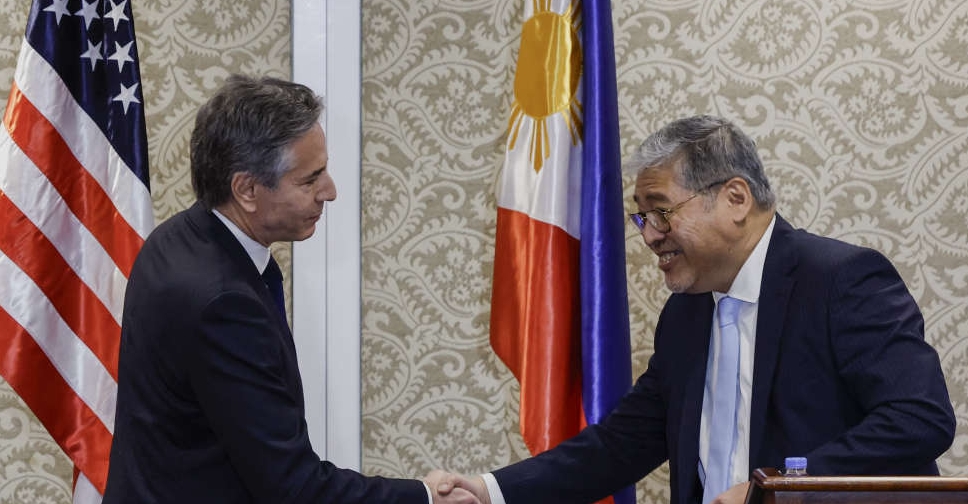
US Secretary of State Antony Blinken hailed on Tuesday a recent strengthening of defence ties with the Philippines as "extraordinary", saying they would only grow further, though Washington's expanding alliances were not aimed at China.
Speaking during a visit to the Philippines, Blinken said China's actions in the South China Sea had triggered a wider international reaction, and the United States was engaged in intense diplomacy to reaffirm international law.
"We have a shared concern about (China's) actions that threaten our common vision for a free open Indo-Pacific, including in the South China Sea and in the Philippines exclusive economic zone (EEZ)," Blinken told a press conference alongside his Philippine counterpart.
Ties between the Philippines and China have soured amid repeated spats over disputed features in the Philippine's exclusive economic zone, and Manila has accused China's coastguard of a policy of aggression.
Beijing, which claims sovereignty over almost the entire South China Sea, has maintained Philippine vessels are intruding in its territory.
China's foreign ministry spokesperson Lin Jian on Tuesday said the United States had no right to interfere in disputes between Manila and Beijing and China would take the necessary actions to defend its territory.
"Military cooperation between the United States and the Philippines should not harm China's sovereignty and maritime rights and interests in the South China Sea, let alone be used to prop up the Philippines' illegal position," Lin told a regular briefing.
The dispute coincides with a key improvement in military ties between the Philippines and the United States in the past year, with Manila nearly doubling the number of its bases accessible to US forces, including three new sites facing Taiwan.
Their annual military exercises have widened lately to include joint air and sea patrols over the South China Sea and close to Taiwan, which China has seen as provocations.
'IRONCLAD' COMMITMENT
The Philippines and United States are bound by a 1951 Mutual Defence Treaty by which they must defend each other in the event of attack.
Last year, Philippine President Ferdinand Marcos Jr succeeded in pushing Washington to make clear the extent of that security commitment.
On Tuesday, Blinken stressed that the deal was "ironclad", adding that it extended to armed attacks on the Philippine armed forces, public vessels and aircraft, including those of its coast guard anywhere in the South China Sea.
He also said economic ties with the United States would expand, offering support to Philippine manufacturing with a view to diversifying supply chains.
Last week the US commerce secretary visited the Philippines and said US companies were set to unveil more than $1 billion of investments in the country.
Philippine Foreign Secretary Enrique Manalo said the challenge ahead was how to sustain and further elevate relations with the United States, which he thanked for its support over recent altercations with China in the South China Sea.
The meeting came as the White House said President Joe Biden would host Japanese Prime Minister Fumio Kishida and Marcos at a summit in Washington on April 11 to discuss economic ties and the Indo-Pacific.
Blinken said that arrangement was "a very important platform" for peace and building greater stability.
"(It) is not designed against anyone, but in service of realising a common vision for the future to the benefit of people in all of our countries."



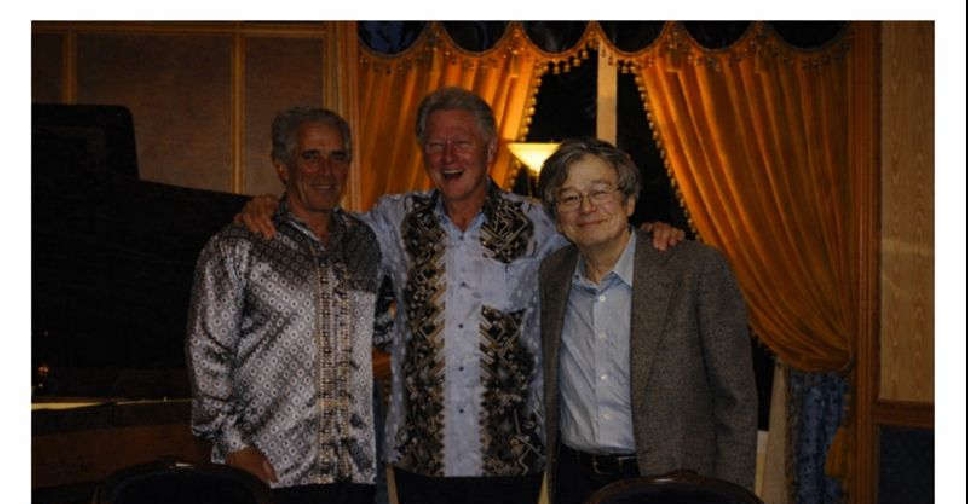 US Epstein files release highlights Clinton, makes scant reference to Trump
US Epstein files release highlights Clinton, makes scant reference to Trump
 Bangladesh holds state funeral for slain youth leader amid tight security
Bangladesh holds state funeral for slain youth leader amid tight security
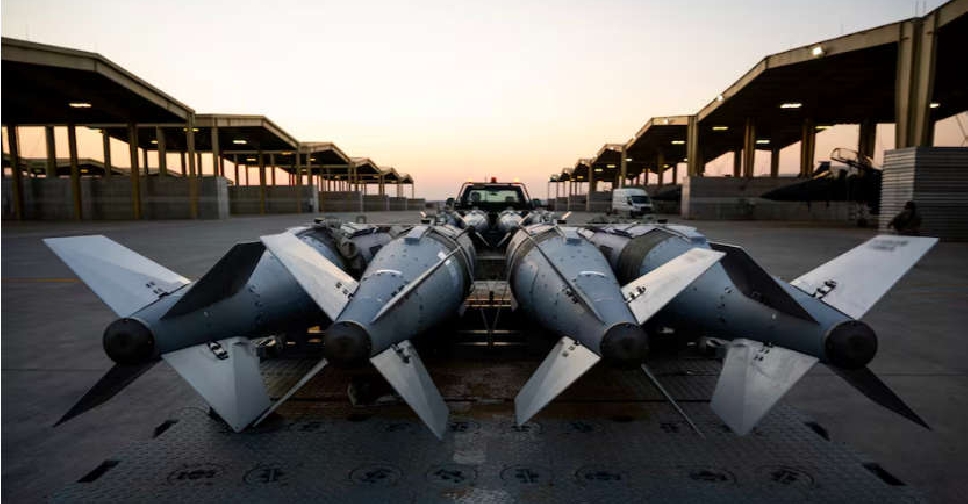 US hits ISIS in Syria with large retaliatory strikes, officials say
US hits ISIS in Syria with large retaliatory strikes, officials say
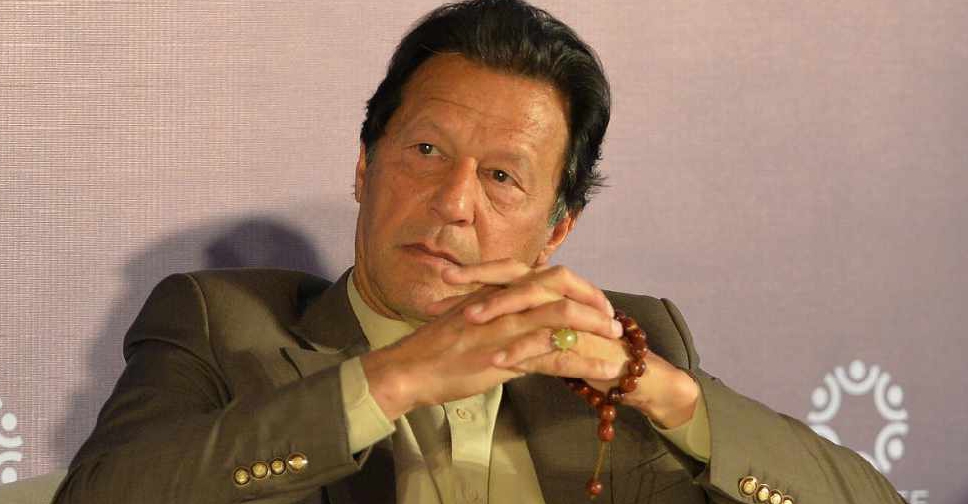 Pakistan court hands Imran Khan, wife 17-year jail terms in another graft case
Pakistan court hands Imran Khan, wife 17-year jail terms in another graft case


